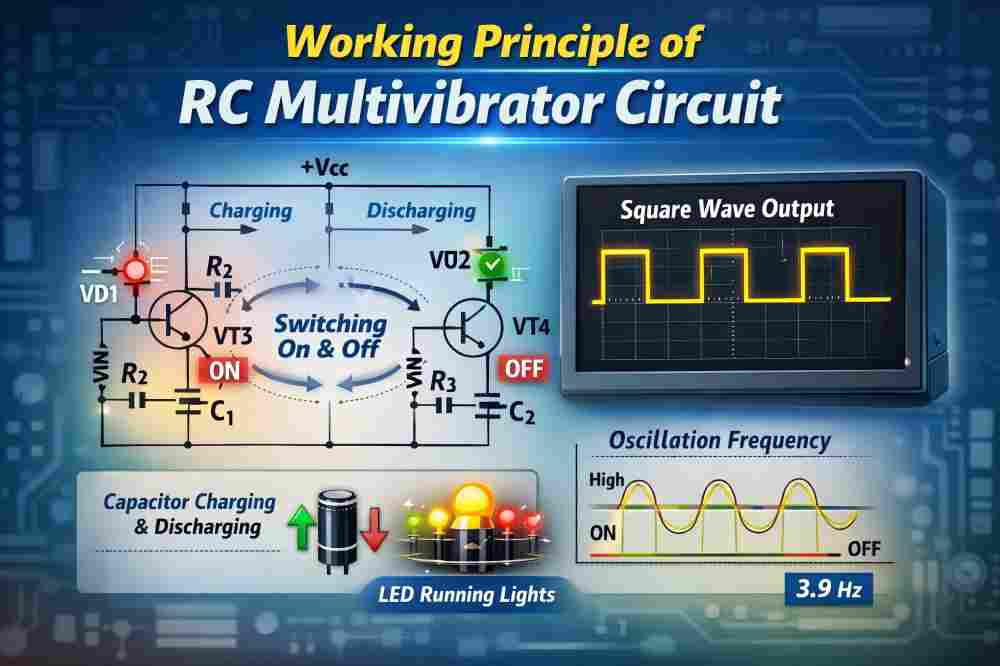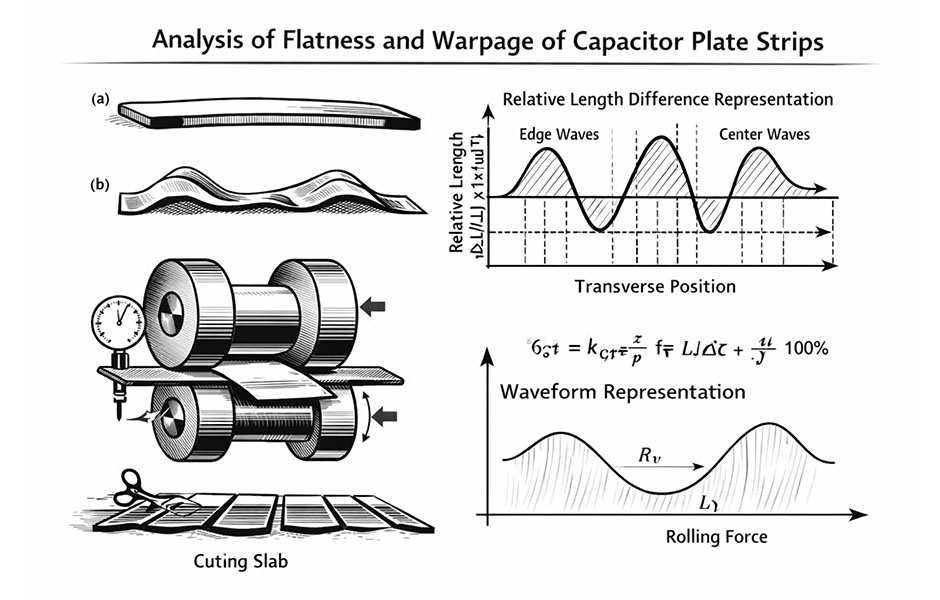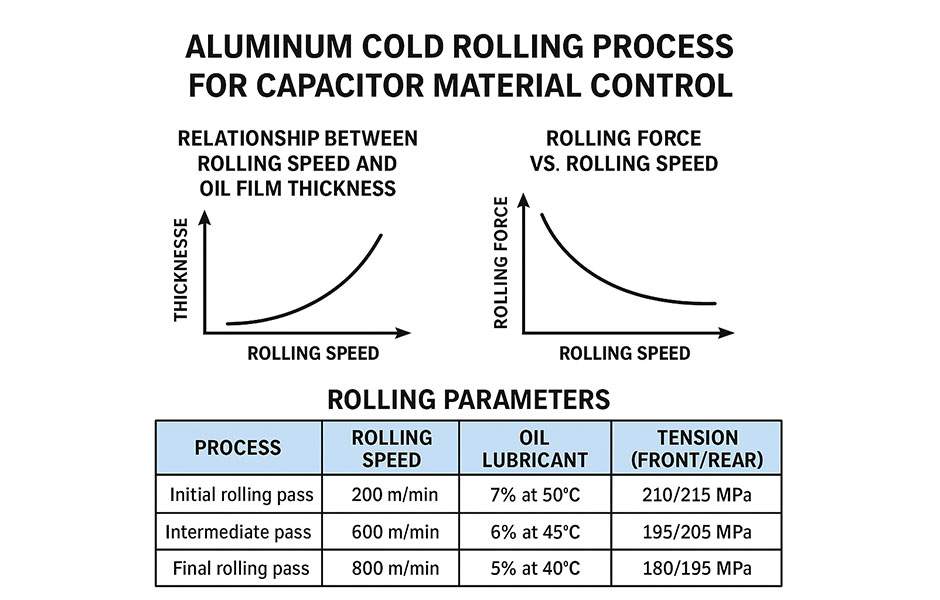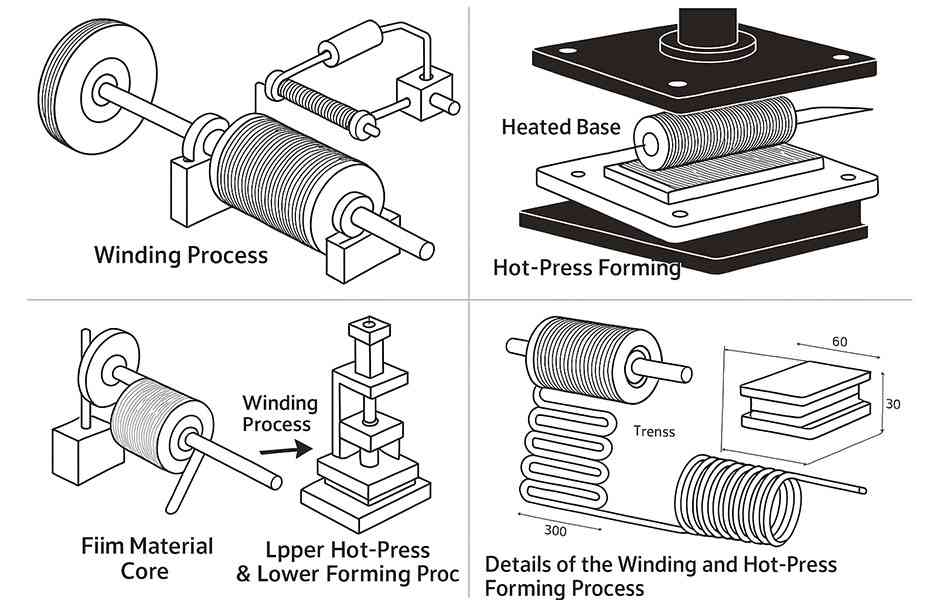There are many reasons that affect the life of aluminum electrolytic capacitors. Overvoltage, reverse voltage, high temperature, rapid charge and discharge, etc. Under normal use, the biggest impact is temperature, because the higher the temperature, the faster the evaporation loss of the electrolyte. It should be noted that the temperature here does not refer to the environment or surface temperature, but refers to the working temperature of the aluminum foil. Manufacturers usually mark capacitor life and test temperature on the capacitor body.
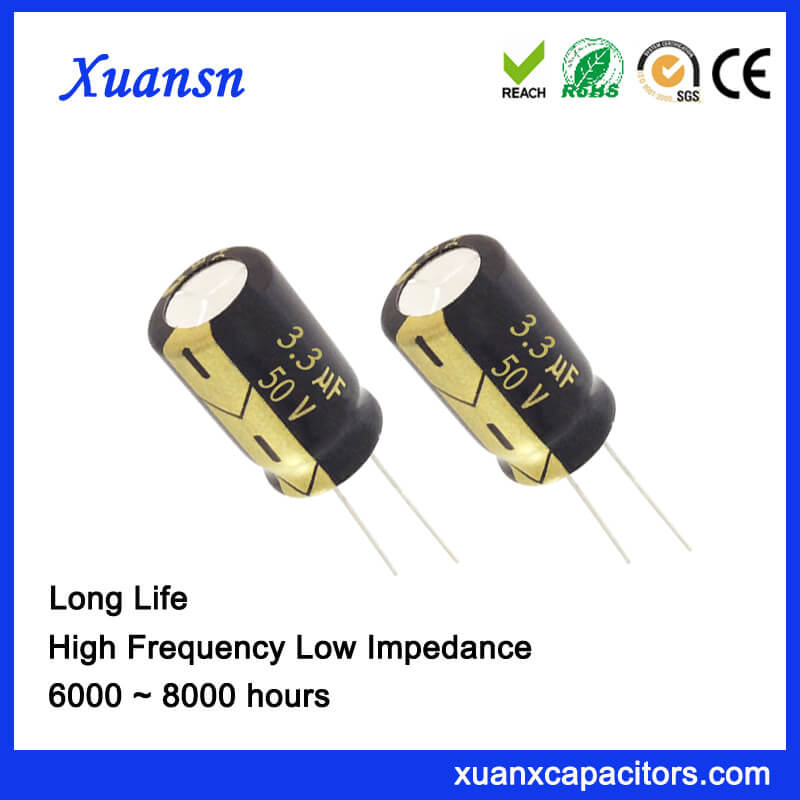 Since the working temperature of the capacitor increases by 5 ° C, the life is halved, so do not think that the aluminum electrolytic capacitor with a life of 2000 hours is better than 1000 hours. Pay attention to the test temperature of the life. Each manufacturer has a calculation formula for temperature and life. When designing the capacitor, it is necessary to refer to the actual data for calculation. What needs to be understood is to improve the life of aluminum electrolytic capacitors. The first is to reduce the operating temperature and stay away from the heat source on the PCB. The second is to use capacitors with the highest operating temperature. Of course, the price will be higher.
Since the working temperature of the capacitor increases by 5 ° C, the life is halved, so do not think that the aluminum electrolytic capacitor with a life of 2000 hours is better than 1000 hours. Pay attention to the test temperature of the life. Each manufacturer has a calculation formula for temperature and life. When designing the capacitor, it is necessary to refer to the actual data for calculation. What needs to be understood is to improve the life of aluminum electrolytic capacitors. The first is to reduce the operating temperature and stay away from the heat source on the PCB. The second is to use capacitors with the highest operating temperature. Of course, the price will be higher.
The voltage that the electrolytic capacitor actually bears in the circuit cannot exceed its withstand voltage value. In the filter circuit, the withstand voltage of the capacitor should not be less than 1.42 times the effective value of the AC. When using electrolytic capacitors, be careful not to reverse the positive and negative poles. Different circuits should use different types of capacitors. For the tapping circuit, mica and high-frequency ceramic capacitors can be used. For DC isolation, paper, polyester, mica, electrolysis, and ceramic capacitors can be used. For filtering, electrolytic capacitors can be used. For bypass, polyester, paper, ceramic, and electrolytic capacitors can be used. Before installing the capacitor into the circuit, check whether it has short-circuits, open circuits and leakage, and check its capacitance value. When installing, make sure that the symbols such as the type, capacity, and withstand voltage of the capacitor are easy to see for verification.
Life expectancy: The time that the electrolytic capacitor can continue to operate at the maximum operating temperature.
lx = lo * 2 (to-ta) / 10
lx = actual working life
lo = guaranteed life
to = Maximum working temperature (85 ℃ 105 ℃)
ta = actual working ambient temperature of the capacitor
example: Specification value 105 ℃ / 1000hrs
65 ℃ life expectancy: lx = 1000 * 2 (105-65) / 10
Actual working life: 8000hrs
High temperature load life (load life) The electrolytic capacitor is printed with the rated working voltage at the highest working temperature. After a continuous specified completion time, it must meet the following changes: δcap: within 20% of the value before the test.
Need to remind everyone that the service life of aluminum electrolytic capacitors, the actual need to refer to the life calculation formula given by the original factory, remember
